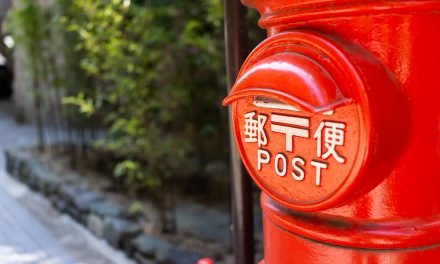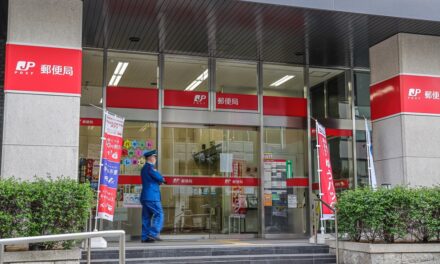
Japanese Government to split postal funds for new entity
The government is studying having funds accepted into postal savings and kampo life insurance before and after the privatisation of Japan Post, slated for 2007, managed in separate accounts, respectively, government sources said.
According to the sources, the separate accounts have been deemed necessary because funds deposited before the entity’s planned privatisation carry a government guarantee, while the government likely will allow the privatised entity to conduct lending, which involves the risk of loans becoming unrecoverable.
Such potential risk to taxpayers could be avoided if lending was allowed only with the use of funds accepted after privatisation, the sources said.
Meanwhile, ordinary postal savings, which are the equivalent of ordinary deposits at banks, will be considered as new accounts when Japan Post is privatised, and will carry no government refund guarantee, even those accepted prior to privatisation.
Instead of having a government guarantee, they are to be covered with the government-backed deposit insurance system.
Unlike the fixed-amount postal savings, which are reckoned as term deposits, ordinary postal savings are used for the payment of credit accounts and other settlements. As there are usually frequent transactions involving ordinary savings, the government judged it unrealistic to separate such funds between those accepted before and after privatisation, the sources said.
As a result, there will be about 50 trillion yen of ordinary postal savings in the new postal savings accounts following privatisation.
Meanwhile, the funds in the old accounts will be paid out in 10 years, when the fixed-amount postal savings mature.
According to the sources, the new entity would not be competing on a level playing field with other private financial institutions if it utilized in its lending operations such a sizable amount of funds accepted prior to privatisation carrying a full government guarantee, even in the event of its collapse. In addition, there is a risk of such loans becoming unrecoverable.












